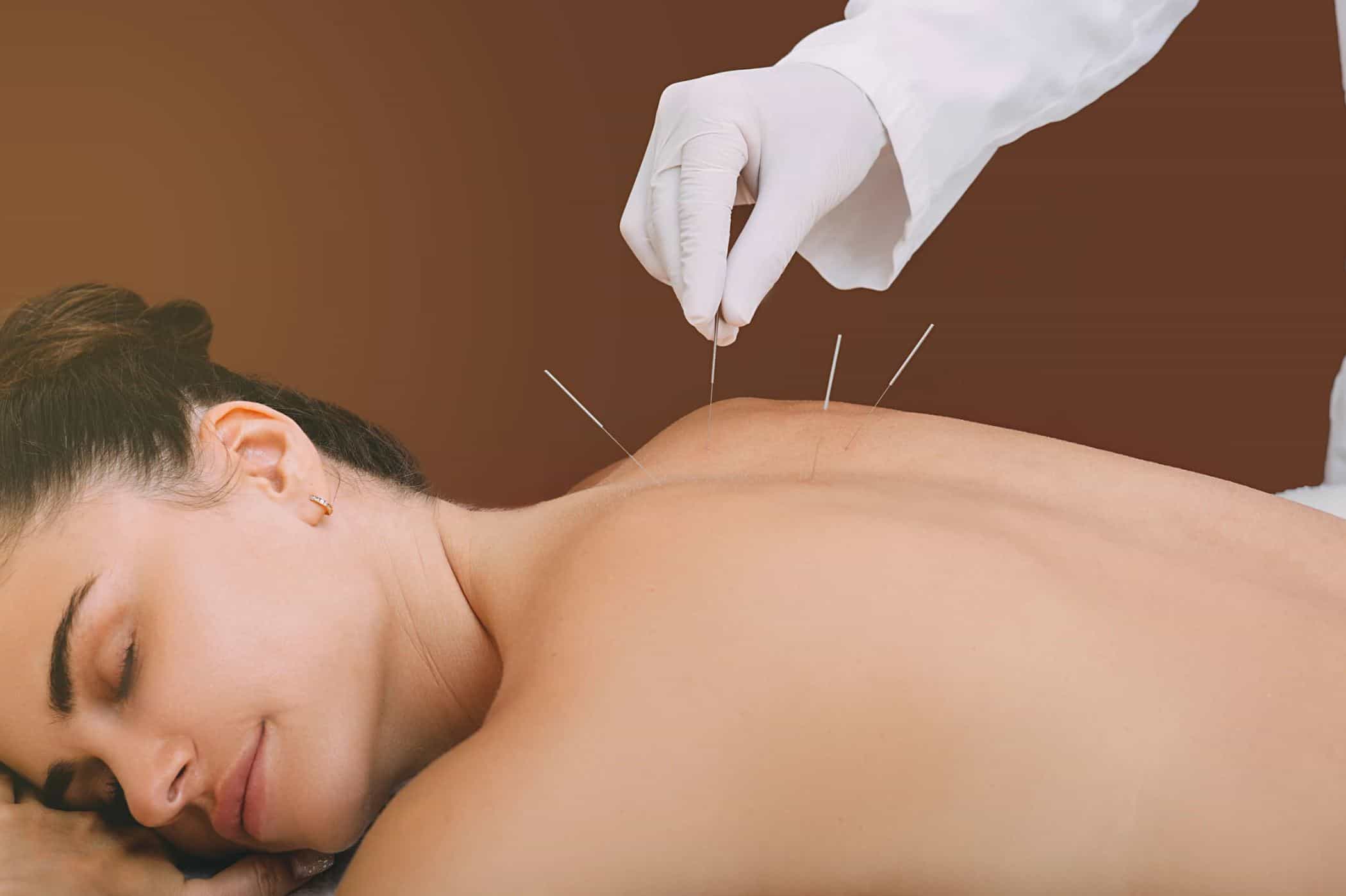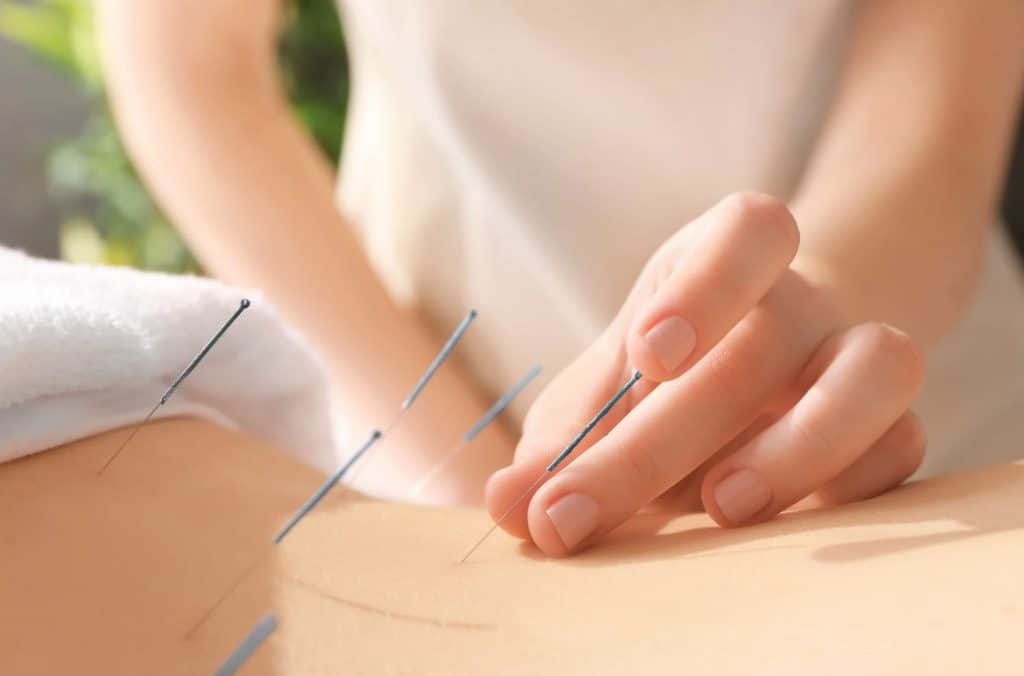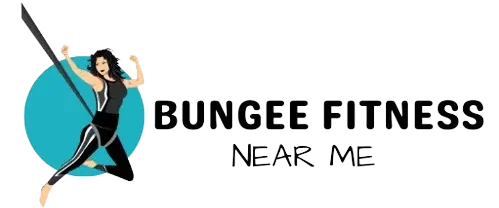Does Back Acupuncture Work for Back Pain?

Back acupuncture can be effective for back pain, and it’s often used as a natural, drug-free alternative or complement to conventional treatments. Back pain—whether acute or chronic—can be caused by muscle tension, disc issues, inflammation, or poor posture. Back acupuncture helps by stimulating specific points on the body, which can improve blood flow, relax tight muscles, reduce inflammation, and promote the release of endorphins, the body’s natural painkillers.
Research supports acupuncture as a helpful treatment for lower back pain, upper back tension, and sciatica-related discomfort. Many people report significant relief after just a few sessions, especially when treatments are consistent. It can also reduce dependence on pain medications and improve mobility and overall function.
If you’re looking for acupuncture in Clifton, Pulse Acupuncture offers personalized treatments for back pain and other conditions. Their experienced practitioners assess each patient’s unique needs and develop a custom care plan that targets the root cause of pain—not just the symptoms. This holistic approach can lead to more lasting relief.

How Many Acupuncture Sessions Are Needed for Back Pain
The number of back acupuncture sessions for back pain depends on the severity and duration of your condition, as well as how your body responds to treatment. For acute or mild back pain, you may begin to feel relief after just 1 to 3 sessions. However, for chronic back pain, sciatica, or long-standing muscular tension, a more extended treatment plan is usually recommended.
Most acupuncturists suggest starting with 2 sessions per week for the first few weeks, followed by weekly or biweekly visits as symptoms improve. A typical course of treatment for chronic conditions might involve 6 to 12 sessions, but some individuals may need more for long-term relief, especially if underlying issues like poor posture or past injuries are contributing to the pain.
Back acupuncture works best when treatments are consistent and tailored to your specific symptoms and lifestyle. Your practitioner will assess your progress over time and adjust your plan as needed. Many people also choose to continue occasional “maintenance sessions” to prevent flare-ups and support overall wellness.
Does Acupuncture Hurt?
Acupuncture generally does not hurt, and most people find the experience to be relaxing rather than painful. The needles used in acupuncture are extremely thin—much thinner than those used for injections or blood draws—which allows them to be inserted with minimal discomfort. Some people may feel a slight pinch or a sensation of pressure when the needle goes in, but it’s usually brief and very mild.
Once the needles are in place, you might feel a variety of sensations, such as tingling, warmth, heaviness, or a dull ache around the point. These are normal and often indicate that the treatment is stimulating the body’s healing response. Many patients report feeling calm or even sleepy during sessions.
Skilled back acupuncturists are trained to make the process as gentle and comfortable as possible. If any discomfort occurs, they can adjust the needle or remove it altogether. For most people, the benefits, such as reduced pain, improved relaxation, and better overall balance, far outweigh any brief sensation they might feel.
Pulse Acupuncture Williamsburg Brooklyn
(973) 330-6444
109 N 12th St Suite 704 – room 7, Brooklyn, NY 11249, United States
